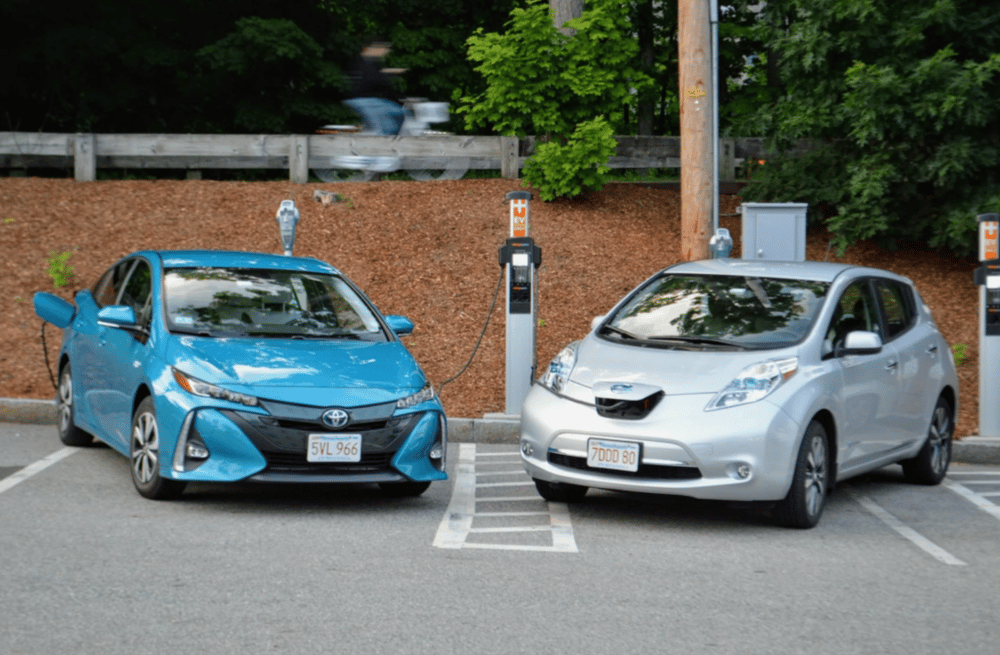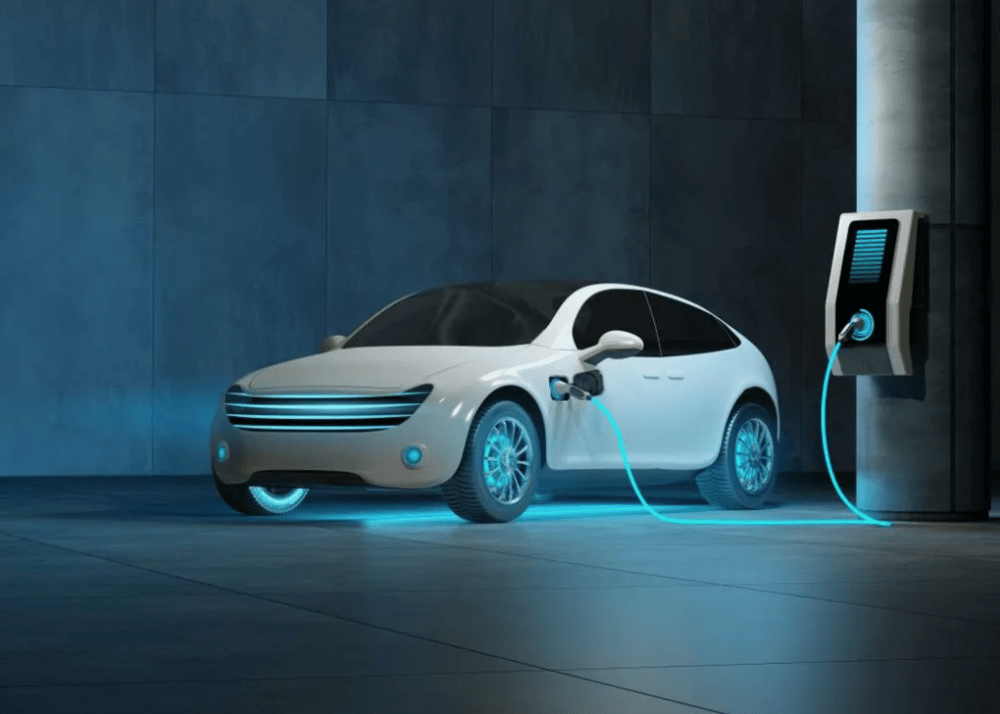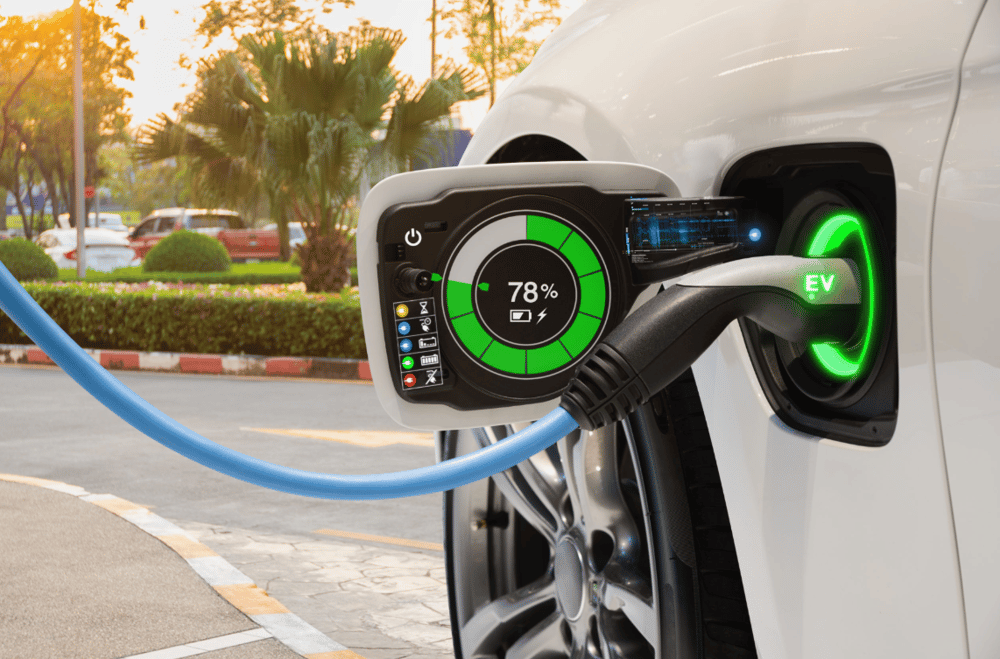

In response to the European Union’s tariffs on Chinese-made electric vehicles (EVs), Chinese automakers such as BYD $002594.SZ and Chery $033100.KQ are increasing their sales of plug-in hybrid electric vehicles (PHEVs) in the European market. This shift aims to bypass the hefty import duties that have been levied on fully electric vehicles (BEVs) from China. With the growing presence of hybrid vehicles in Europe, Chinese manufacturers are adjusting their strategies to stay competitive in a market that is evolving rapidly.
Starting in November 2024, the European Union imposed tariffs of up to 45.3% on Chinese-made fully electric vehicles (BEVs), marking a significant shift in the global EV market. These tariffs were designed to protect European manufacturers from the influx of lower-cost Chinese cars, which were viewed as potentially undermining local competition.
As a result, Chinese automakers, facing challenges due to these tariffs, have begun to focus more on plug-in hybrid electric vehicles (PHEVs) as a way to circumvent the penalties on fully electric cars. This strategy seems to be paying off, as the sales of PHEVs from Chinese manufacturers have surged, even amid the ongoing tariff adjustments.

According to research from Rho Motion, the sale of PHEVs in the EU has significantly increased in 2024, as manufacturers like BYD and Chery adapt to the new tariff regime. In March 2024 alone, the European market saw:
3,269 PHEVs sold by BYD and other Chinese brands.
757 additional PHEVs sold by Chery, marking a significant increase compared to previous months.
This surge in sales reflects a clear pivot in strategy by Chinese automakers, focusing on hybrid vehicles to maintain their presence in the European market while the full import duties on BEVs continue to weigh heavily on business.
To maintain their foothold in Europe, Chinese manufacturers are recalibrating their strategies. Here are some notable steps they are taking:
Increasing Hybrid Offerings: Chinese automakers like BYD and Leapmotor (9863.HK) are accelerating their focus on hybrid models, launching more PHEV options in European markets.
Diversifying European Portfolio: BYD has already announced plans to launch two new PHEV models in Germany in 2024, aiming to cater to a growing demand for flexible, eco-friendly vehicles.
Adapting to Slower EV Adoption: Despite the long-term trend toward electric vehicles, the European market has been slower to adopt fully electric models than initially expected. This shift in strategy helps manufacturers navigate the current transition while waiting for EV adoption rates to pick up.

As the EU and China continue to negotiate trade agreements, including potential reductions in tariffs, the future of the electric vehicle market in Europe remains uncertain. The Chinese automakers are not only adjusting to current trade tariffs but also positioning themselves to capitalize on any future changes to tariff structures.
Key factors that will influence the future trajectory of the market include:
Potential Tariff Reductions: With ongoing discussions between the EU and China, there may be opportunities for tariff reductions in the future, making fully electric vehicles more viable for Chinese manufacturers.
Shifting Consumer Preferences: As the European market continues to evolve, consumer preferences may shift more towards fully electric vehicles, influencing the demand for PHEVs in the long run.
Technological Advancements: The development of more advanced hybrid and fully electric vehicles may further shift market dynamics, prompting further strategic realignments by manufacturers like BYD and Chery.
The European market has become a crucial battleground for Chinese automakers, especially in the wake of the EU's tariff imposition on fully electric vehicles. As a result, companies like BYD and Chery are adapting their strategies by increasing the availability of plug-in hybrid electric vehicles, which are not subject to the same import duties. This shift allows Chinese automakers to continue competing in the European market, while they navigate the complexities of tariff negotiations and the slower-than-expected adoption of electric vehicles in the region.
As the market continues to evolve, Chinese automakers will need to stay agile and adjust their strategies to meet both the challenges of global trade and the growing demand for sustainable transportation solutions.
Proactive financial strategies are not only expanding capital but also paving the way for a revolutionary tech future
This sale represents a pivotal moment poised to reshape automation in today’s technology landscape